When Your Body Talks: Nutrients You're Missing
Our bodies are remarkable communicators, often sending subtle signals when something is amiss. These signals can manifest as physical symptoms, hinting at underlying nutrient deficiencies. The modern diet, often rich in calories but poor in essential nutrients, can leave us unknowingly deprived of vital vitamins and minerals. This article delves into the nuanced language of our bodies, exploring how specific symptoms can reveal the nutrients we lack. By understanding these signs, we can make informed dietary choices to nurture our health and well-being. Join us as we explore the intricate connections between bodily signals and nutrient deficiencies.
Fatigue and Iron Deficiency
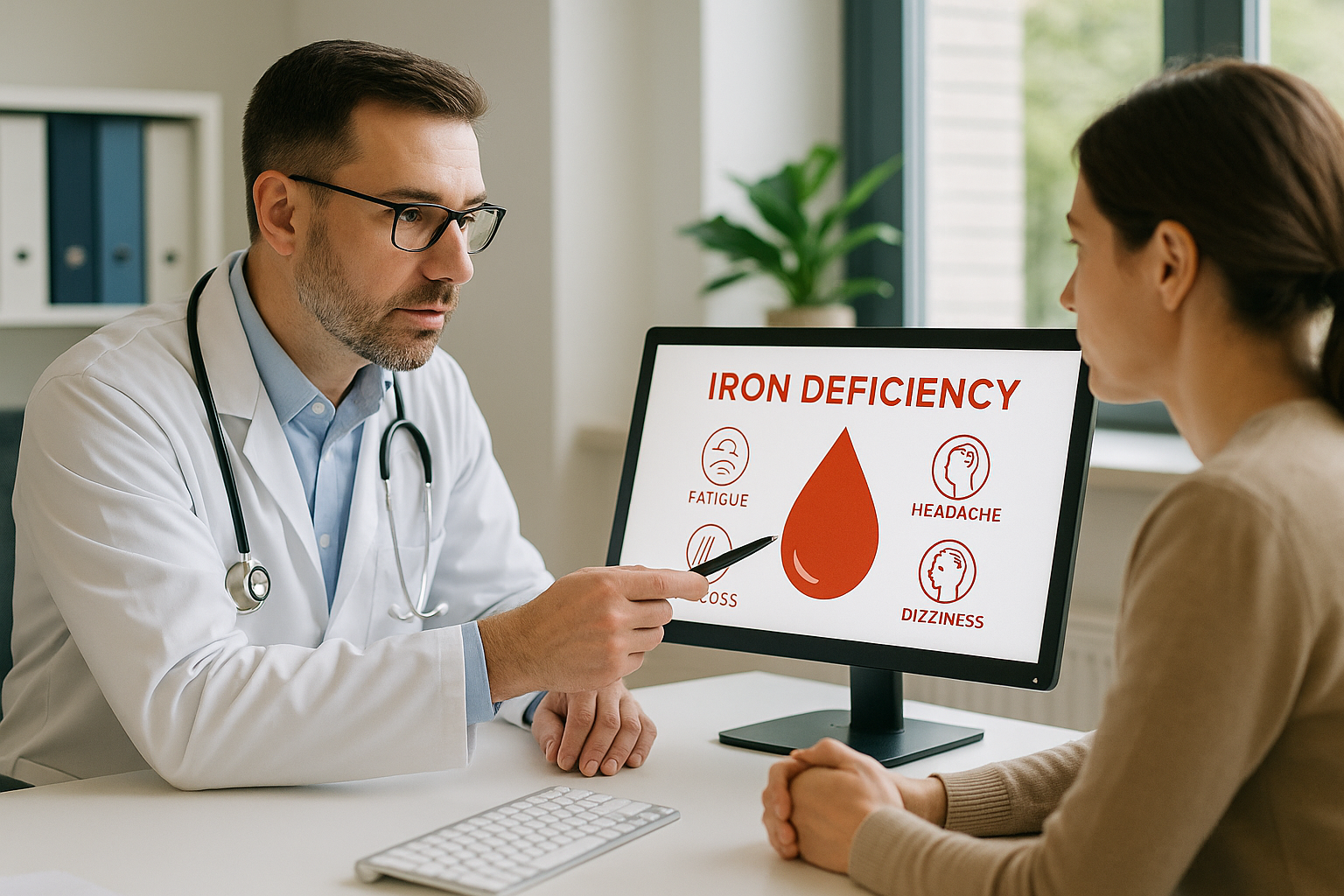
Feeling constantly tired, despite getting enough sleep, could be your body's way of indicating an iron deficiency. Iron is crucial for producing hemoglobin, which helps red blood cells carry oxygen throughout the body. Without sufficient iron, your body struggles to deliver oxygen to tissues and organs, leading to fatigue and weakness. Women, in particular, are at a higher risk due to menstrual blood loss. Including iron-rich foods like lean meats, beans, and spinach in your diet can alleviate these symptoms. Additionally, pairing iron sources with vitamin C-rich foods can enhance absorption, ensuring your body gets the iron it needs.
Brittle Nails and Biotin Deficiency
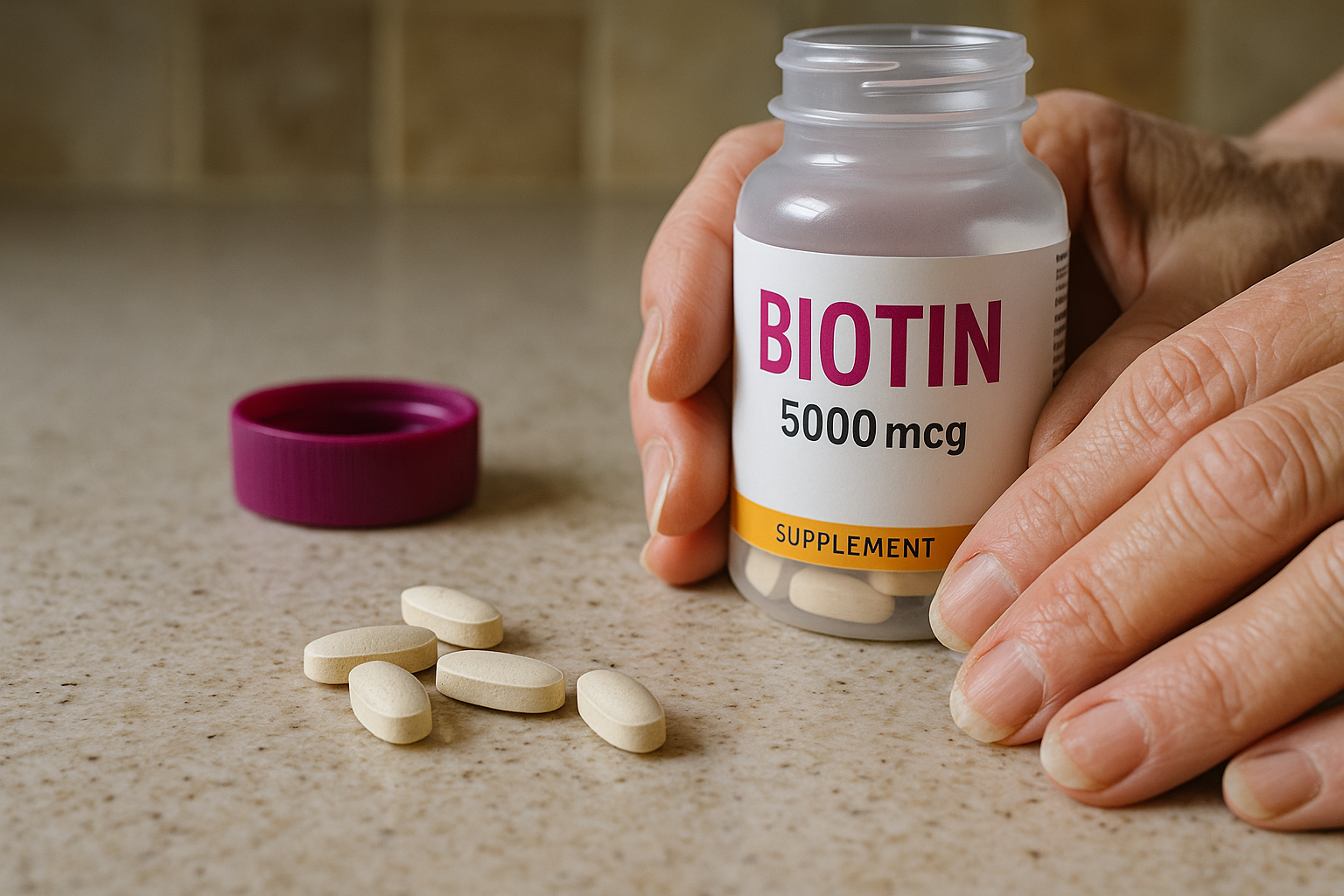
Brittle nails that break easily or have ridges might be more than just a cosmetic concern—they can indicate a biotin deficiency. Biotin, also known as vitamin B7, plays a crucial role in maintaining healthy skin, hair, and nails. A lack of this vitamin can lead to thinning hair and brittle nails. Eggs, nuts, seeds, and whole grains are excellent sources of biotin. Including these in your diet can help strengthen your nails and improve overall keratin infrastructure, ensuring that your nails are not just strong but also resilient to daily wear and tear.
Night Blindness and Vitamin A Deficiency
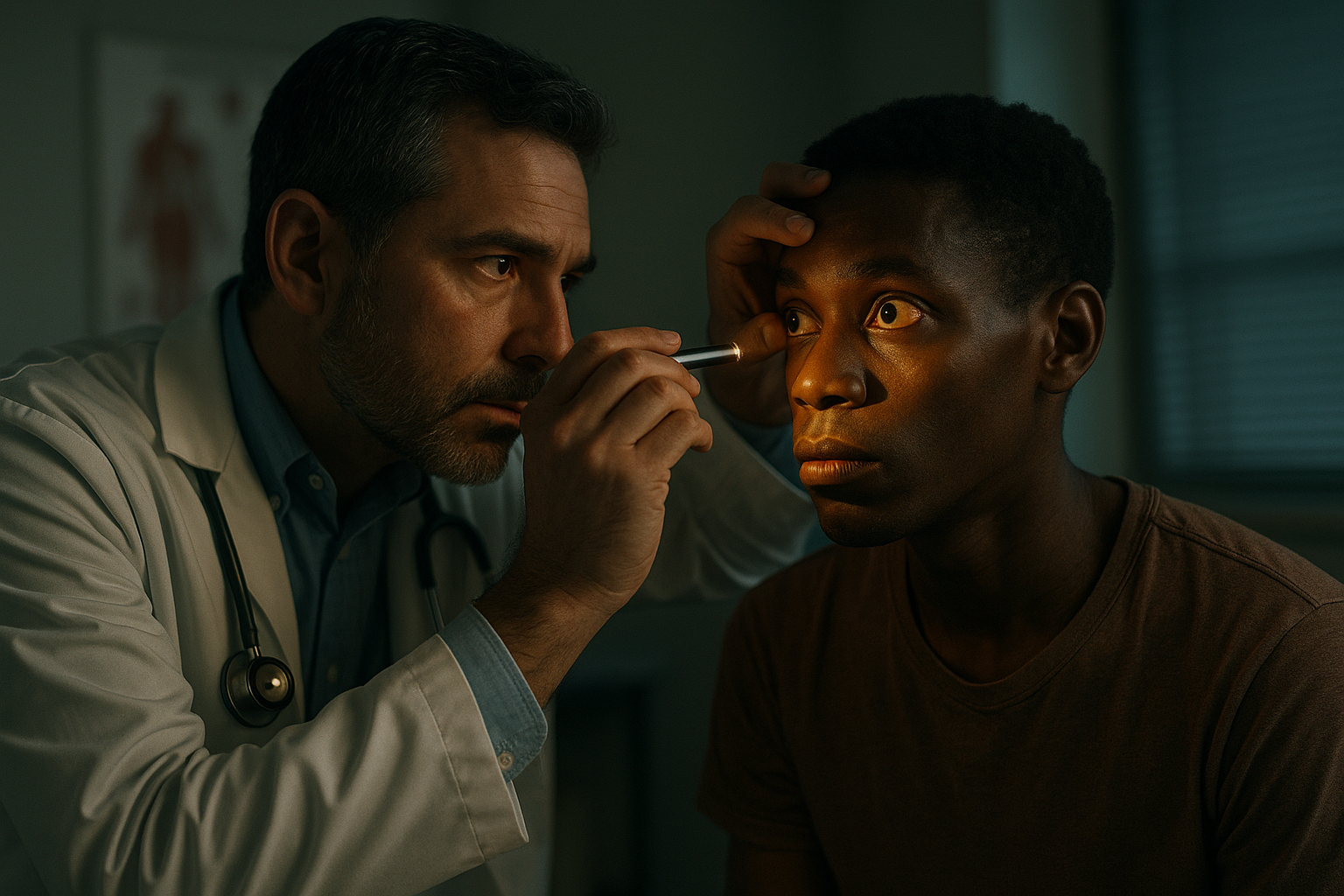
Struggling to see in low light conditions or experiencing night blindness can be a sign of vitamin A deficiency. This essential vitamin is vital for maintaining healthy vision, particularly in dim lighting. Vitamin A is a key component of rhodopsin, a protein in your eyes that allows you to see in low light. To combat this deficiency, incorporate foods rich in beta-carotene, such as carrots, sweet potatoes, and dark leafy greens, which your body converts into vitamin A. Ensuring adequate intake of this nutrient can protect your vision and support eye health.
Muscle Cramps and Magnesium Deficiency
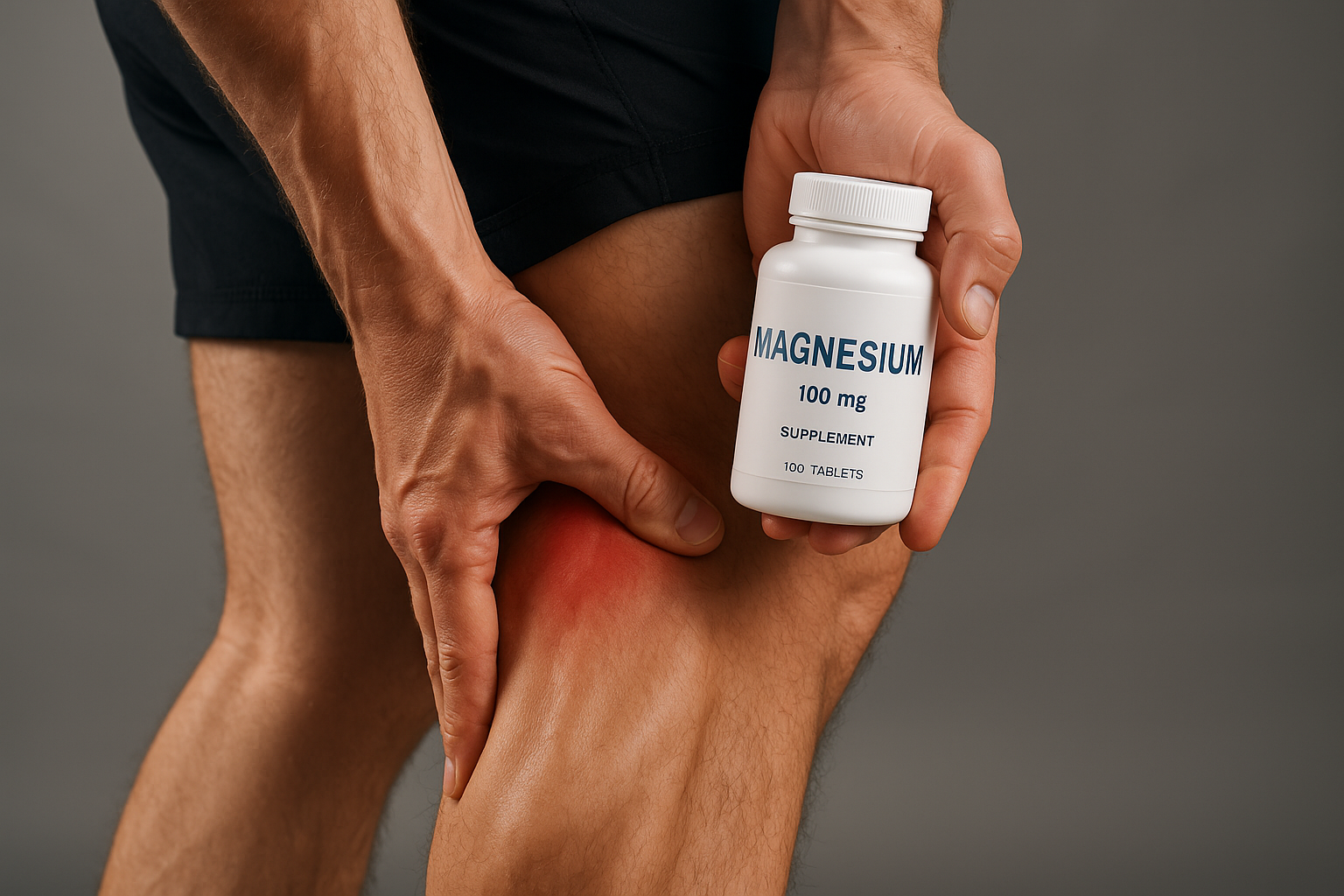
Frequent muscle cramps or spasms might indicate that your body is low on magnesium. This mineral is essential for muscle function, nerve transmission, and energy production. Without enough magnesium, muscles can become tense and prone to cramping. Foods like almonds, spinach, and avocados are rich in magnesium and can help alleviate these uncomfortable symptoms. Ensuring a balanced intake of magnesium not only supports muscle health but also contributes to overall cardiovascular and nervous system function, enhancing your body's resilience against stress and physical exertion.
Cracked Lips and Riboflavin Deficiency

Persistent cracks at the corners of your mouth can be more than just a seasonal annoyance—they may signal a riboflavin (vitamin B2) deficiency. Riboflavin is crucial for energy production and the metabolism of fats, drugs, and steroids. It also supports skin health, and a lack of it can lead to angular cheilitis, characterized by cracked lips. Dairy products, eggs, and green vegetables are excellent sources of riboflavin. By ensuring an adequate intake of this vitamin, you can maintain healthy skin and prevent the discomfort associated with cracked lips.
Bone Pain and Vitamin D Deficiency

Experiencing bone pain or frequent fractures might indicate a vitamin D deficiency. This vitamin is essential for calcium absorption and bone health. Without enough vitamin D, bones can become thin, brittle, or misshapen. Sun exposure is a natural way to boost vitamin D levels, but dietary sources like fatty fish, fortified dairy products, and egg yolks are also important. Ensuring sufficient vitamin D intake supports not only bone health but also immune function and mood regulation, underscoring its multifaceted role in maintaining overall health.
Hair Loss and Zinc Deficiency
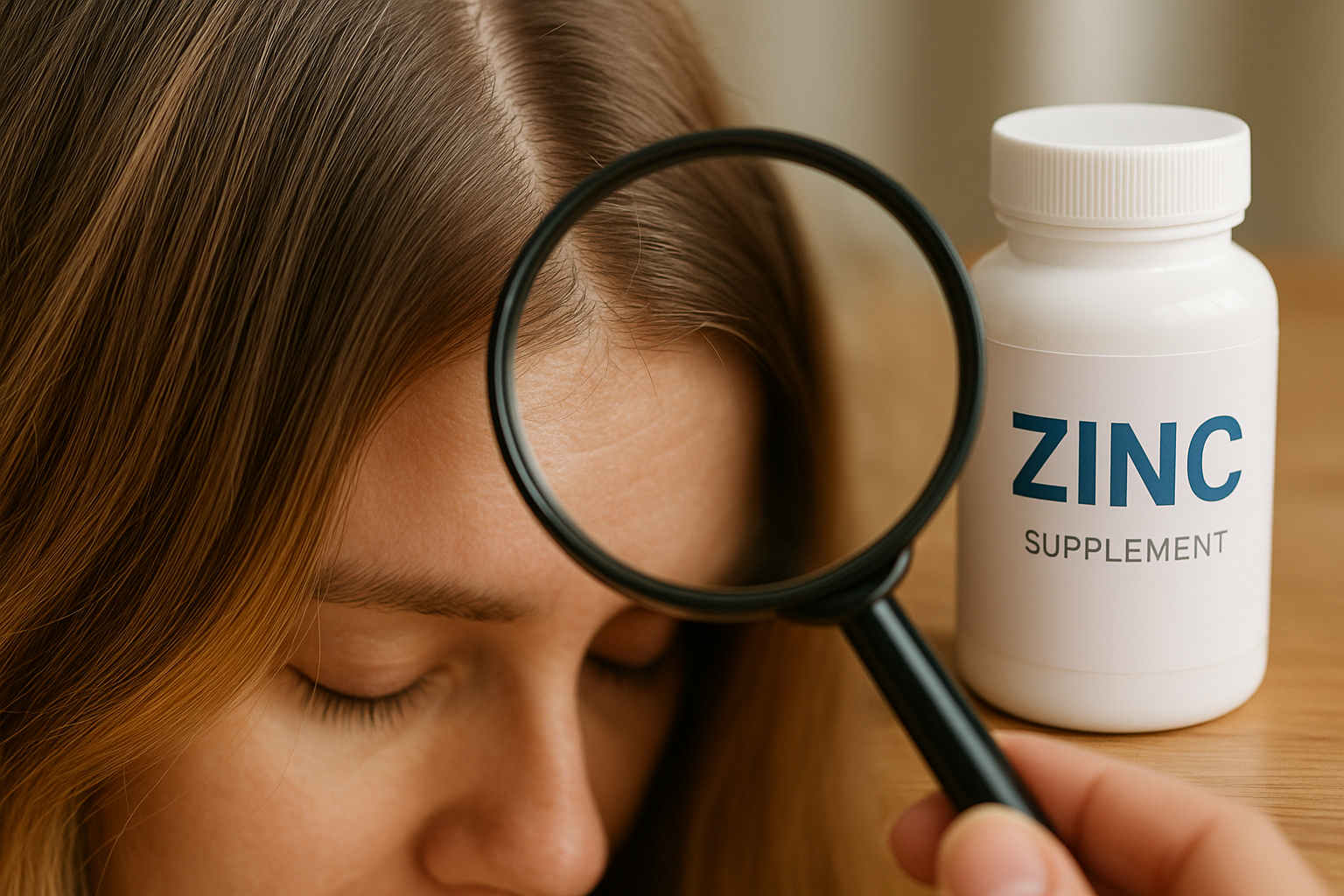
Noticing more hair in your brush than usual? It could be a sign of zinc deficiency. Zinc plays a vital role in hair tissue growth and repair and helps keep the oil glands around the follicles working properly. A lack of zinc can lead to hair thinning and loss. Foods like oysters, beef, and pumpkin seeds are rich in zinc and can help restore healthy hair growth. By maintaining adequate zinc levels, you not only support hair health but also boost immune function and wound healing.
Tingling Sensations and Vitamin B12 Deficiency
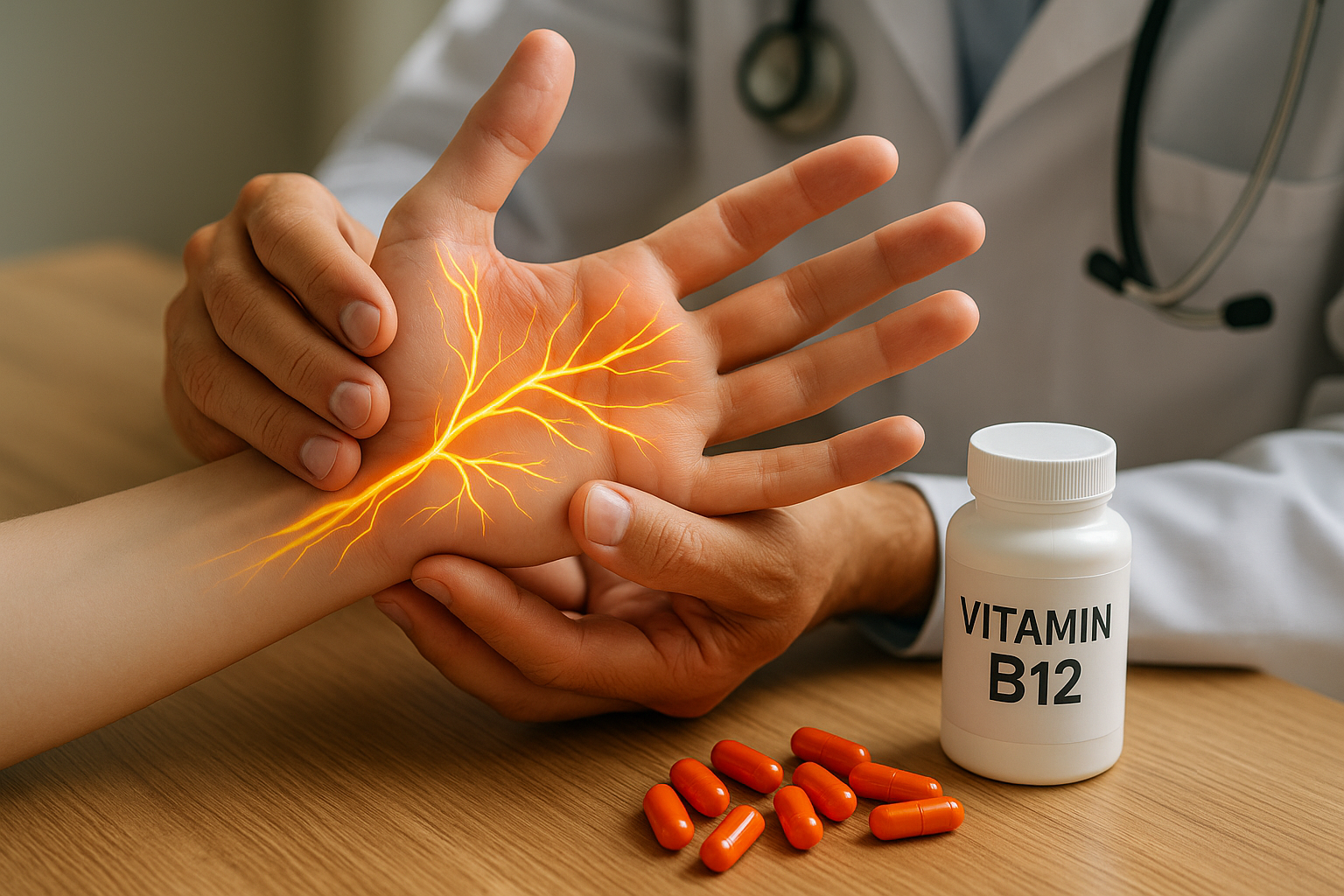
Experiencing unexplained tingling sensations or numbness in your hands and feet could indicate a vitamin B12 deficiency. This vitamin is crucial for nerve health and the production of DNA and red blood cells. A deficiency can lead to nerve damage and neurological issues. Animal products like meat, dairy, and eggs are primary sources of vitamin B12. For vegetarians and vegans, fortified foods or supplements might be necessary to ensure adequate intake. Addressing this deficiency can prevent long-term nerve damage and support overall neurological health.
Frequent Infections and Vitamin C Deficiency

If you find yourself constantly battling colds or infections, it might be a sign of vitamin C deficiency. This powerful antioxidant is essential for immune function, wound healing, and the maintenance of cartilage, bones, and teeth. Citrus fruits, strawberries, bell peppers, and broccoli are rich in vitamin C and can bolster your immune defenses. By ensuring an adequate intake of vitamin C, you not only enhance your body's ability to fight off infections but also support overall skin health and collagen production, keeping your body resilient and vibrant.
Poor Wound Healing and Protein Deficiency
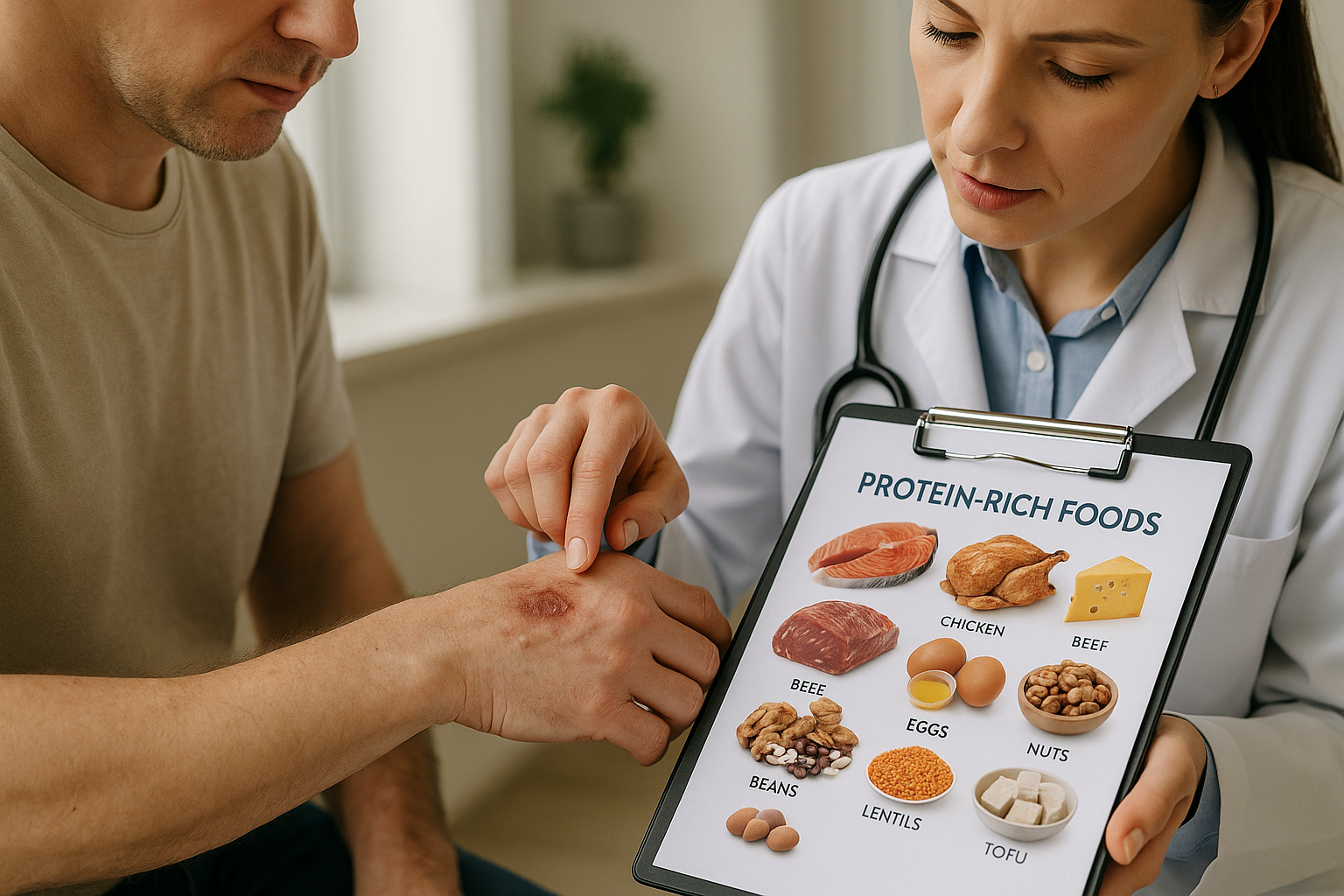
Slow-healing wounds might suggest a protein deficiency. Protein is a critical building block for tissues, and a lack of it can impair your body's ability to repair and regenerate cells. This can lead to prolonged recovery times for cuts and injuries. Lean meats, fish, dairy products, and legumes are excellent sources of protein. Ensuring adequate protein intake supports not only wound healing but also muscle maintenance, hormone production, and overall cellular function, emphasizing the importance of protein in every aspect of health and recovery.
Depression and Omega-3 Fatty Acid Deficiency

Feelings of depression or mood swings might be linked to an omega-3 fatty acid deficiency. These essential fats play a crucial role in brain health and have been shown to reduce inflammation and support mental health. Fatty fish like salmon, walnuts, and flaxseeds are rich in omega-3s and can help stabilize mood and improve cognitive function. By incorporating these foods into your diet, you support not only mental well-being but also cardiovascular health, highlighting the holistic benefits of omega-3 fatty acids.
Listening to Your Body's Wisdom

Our bodies possess an innate wisdom, communicating their needs through various symptoms and signals. By tuning into these messages, we can identify nutrient deficiencies and make dietary adjustments to support optimal health. Understanding the connections between symptoms and nutrient needs empowers us to take proactive steps in our health journeys. As we conclude this exploration, remember that a balanced diet rich in diverse nutrients is key to maintaining vitality and preventing deficiencies. Listen to your body, nourish it well, and embrace the vibrant health that comes from understanding and responding to its unique language.